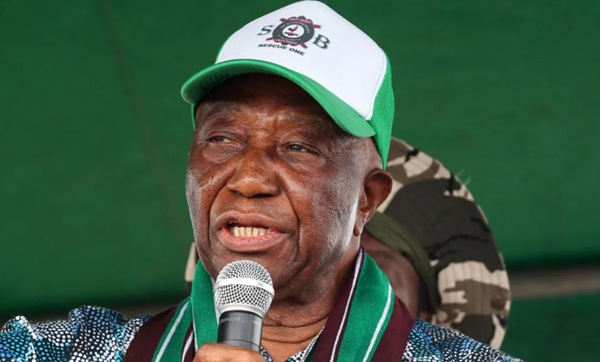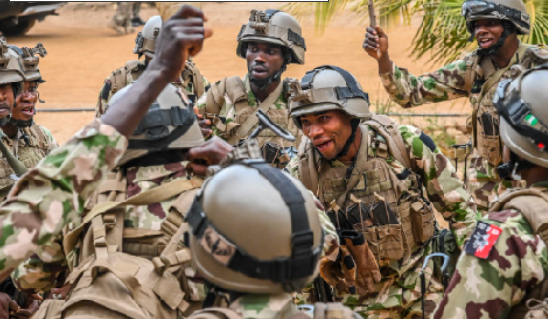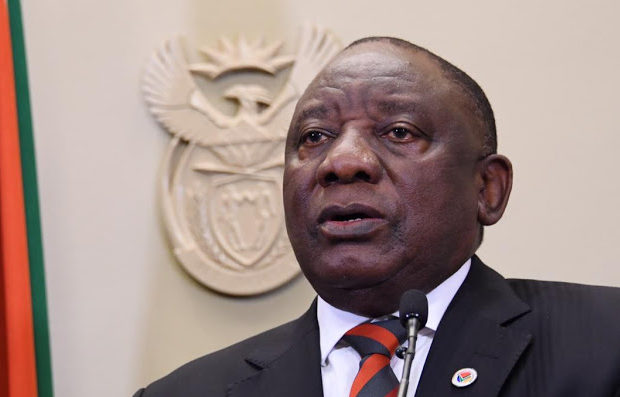Rwanda focuses on teaching youth history during genocide memorial

Every year, Rwanda begins a week of commemoration on April 7 for 7 days.
This year, the commemoration period will kick off with events held at the village level.
A national event will be held at the Gisozi Genocide Memorial which houses the remains of over 250,000 victims.
During the commemoration period, all leisure activities such as music concerts, gambling activities, sports competitions, and playing loud music in public are prohibited for seven days until April 13.
‘Walk to remember’
Night vigils and ‘walk to remember’ will be held on condition that they do not interfere with business and traffic in Kigali.
The period, commonly known as ‘Kwibuka’, or remembrance, returns this year with a focus on teaching history to the Rwandan population until July.
Five years on, ‘Remember-Unite-Renew’ is still a recurring theme.
This year’s discussions will revolve around educating and revisiting the history of the events that led to the 1994 genocide against the Tutsi, particularly focusing on the youth.
“We now have young people who were born after the genocide and have little knowledge of the history of genocide against the Tutsi and events that led to it. The focus of this year’s commemoration talks will focus on educating history,” Rwanda’s Minister of National Unity and Civic Engagement Jean Damascene Bizimana said during a press conference on Wednesday in Kigali.
Bizimana added that this year’s commemoration will also focus on disseminating history resources to the public for easy access.
Taking history from books to the internet
As part of the initiative of educating Rwanda’s history, Bizimana is among the narrators of the ‘Kwibuka Podcast’ which since 2021 has been publishing episodes on historical events and analysis that led to and followed the 1994 genocide against the Tutsi.
The podcast is available on the internet with over 70 episodes available and is broadcast on the country’s national broadcaster during the Kwibuka period.
Rwanda’s Ministry of National Unity and Civic Engagement Permanent Secretary Clarisse Munezero said the government is working on short videos and animated stories about the history and facts on the genocide against the Tutsi that will be disseminated via social media platforms to reach a wider audience of young people.
“We are trying to take a history from books and archives to the internet so that many people in Rwanda and abroad can access these resources. This will help in educating the history and debunking misinformation and genocide denial,” Munezero said.
Genocide denial has been categorized as a threat to Rwanda’s unity and reconciliation.
Rwanda Investigation Bureau data show that 200-300 cases of genocide denial and trivialization are recorded every commemoration period.
Source: theeastafrican.co.ke





